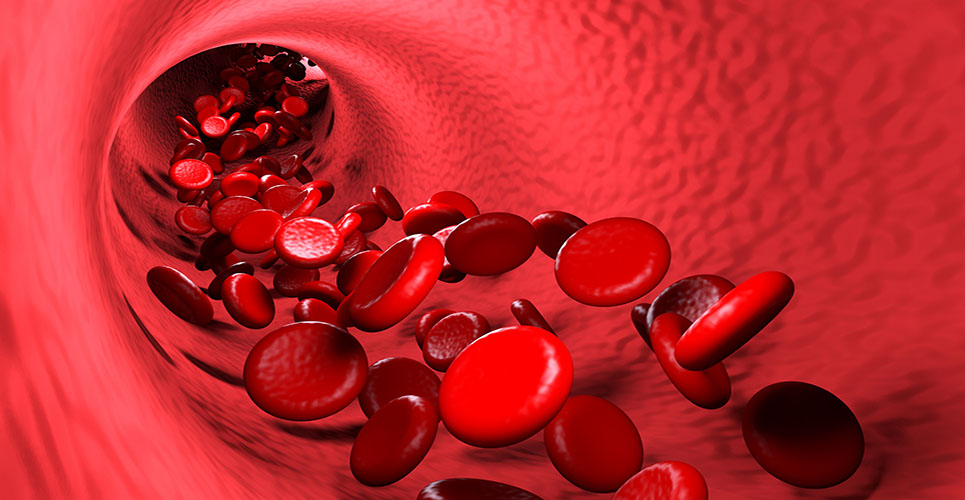teaser
Exjade® (deferasirox) can significantly reduce iron overload in patients with non-transfusion-dependent thalassemia (NTDT), according to results presented at the 53rd Annual Meeting of the American Society of Haematology in San Diego.
THALASSA, the first pivotal placebo-controlled study examining the benefit of iron chelation, investigated whether patients with NTDT and iron overload can benefit from iron chelation therapy as determined by liver iron concentration (LIC).
The study met its primary endpoint, showing that Exjade at a 10mg/kg/day starting dose significantly reduced LIC from baseline by 3.8mg of iron per gram of liver dry weight (Fe/g dw) compared to an increase of 0.38mg Fe/g dw in patients on placebo (p<0.001).
The study also determined that a 10mg/kg/day dose was superior to a 5mg/kg/day dose (p=0.009).
In the 10mg/kg arm, 49% of patients had a LIC decrease of at least 30% from baseline versus only 2% in the placebo arm.
In addition, 56% of patients in the 10mg/kg arm had a LIC decrease of ≥3mg at one year compared to 11% in the placebo arm.

The most common adverse events reported werenausea, rash, diarrhea, headache and upper abdominal pain.
Adverse events were similar in all patient groups, including the placebo arm.
Thalassemia refers to a diverse group of genetic disorders that affect red blood cell production, causing anemia.
Unlike types of thalassemia in which patients require regular blood transfusions, NTDT patients can live without frequent transfusions. However, patients with NTDT are still at risk of accumulating excess iron.
“Results from THALASSA show that Exjade is effective in reducing liver iron levels in patients with NTDT,” said Ali Taher, the lead study investigator and Professor of Medicine, Division of Haematology and Oncology, American University of Beirut Medical Centre, Lebanon.
“Iron chelation therapy is the only option for decreasing these patients’ iron burden. These are significant findings for patients with a major unmet need.”
Regulatory submissions for Exjade based on the THALASSA results are planned by the end of 2011.

